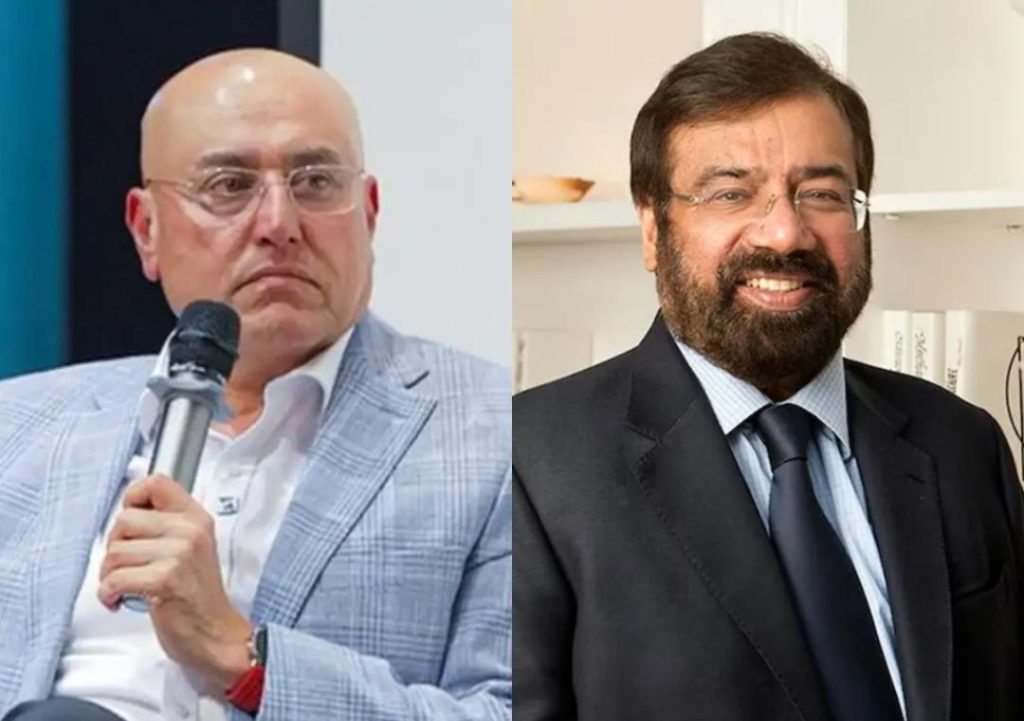
Hotmail Co-founder says ‘truth=anti-India’, Goenka replies ‘Living in US & lecturing us?’
In a recent Twitter exchange, Hotmail co-founder Sabeer Bhatia sparked a controversy when he claimed that those who speak the truth in India are labelled as “anti-national”. This statement has left many Indians scratching their heads, wondering what kind of truth is being referred to and who gets to decide what is anti-national.
Bhatia’s tweet read, “In India, when you speak the truth, you’re termed ‘anti-national’. Then who’s a national? The one who lies to you?” This statement has been met with widespread criticism and disbelief, with many users pointing out that speaking the truth is not synonymous with being anti-national.
One of the first to respond to Bhatia’s tweet was billionaire Harsh Goenka, who took exception to the Hotmail co-founder’s statement. Goenka, who is the chairman of the RPG Group, replied, “Living in California and lecturing a billion Indians back home?…India doesn’t need sermons from those who packed up and left.”
Goenka’s response was a scathing indictment of Bhatia’s statement, implying that the latter’s words were not only misguided but also hypocritical. By pointing out that Bhatia is living in California, Goenka was suggesting that he is not in a position to lecture Indians on what is true and what is not.
The controversy surrounding Bhatia’s statement has highlighted the complex and often fraught relationship between truth, nationalism, and freedom of expression in India. On one hand, India has a long tradition of democratic values and a strong commitment to freedom of speech. On the other hand, the country has also seen a rise in instances of censorship, intimidation, and violence against those who speak out against the government or challenge dominant narratives.
In recent years, there has been a growing trend of harassment and intimidation against journalists, activists, and academics who dare to speak truth to power. This trend has been blamed on the government’s increasing tendency to use national security as a pretext to silence dissenting voices.
Bhatia’s statement, however, seems to suggest that the problem lies not with the government but with Indian society itself. According to him, speaking the truth is seen as a threat to national security and is therefore labelled as “anti-national”. This argument is not only flawed but also ignores the fact that the government has been using its powers to silence dissenting voices and suppress alternative narratives.
One of the main concerns about Bhatia’s statement is that it implies that the government is the sole arbiter of what is true and what is not. This is a dangerous argument, as it suggests that those in power have the right to dictate what can and cannot be said. This kind of thinking is not only antidemocratic but also undermines the very fabric of Indian society.
In conclusion, Bhatia’s statement has sparked a controversy that highlights the complexities of truth, nationalism, and freedom of expression in India. While it is important to acknowledge the challenges faced by those who speak out against the government, it is equally important to reject the notion that speaking the truth is synonymous with being anti-national. As Goenka pointed out, India does not need sermons from those who have packed up and left, and it is time for those who are living in India to take responsibility for shaping the country’s future.






